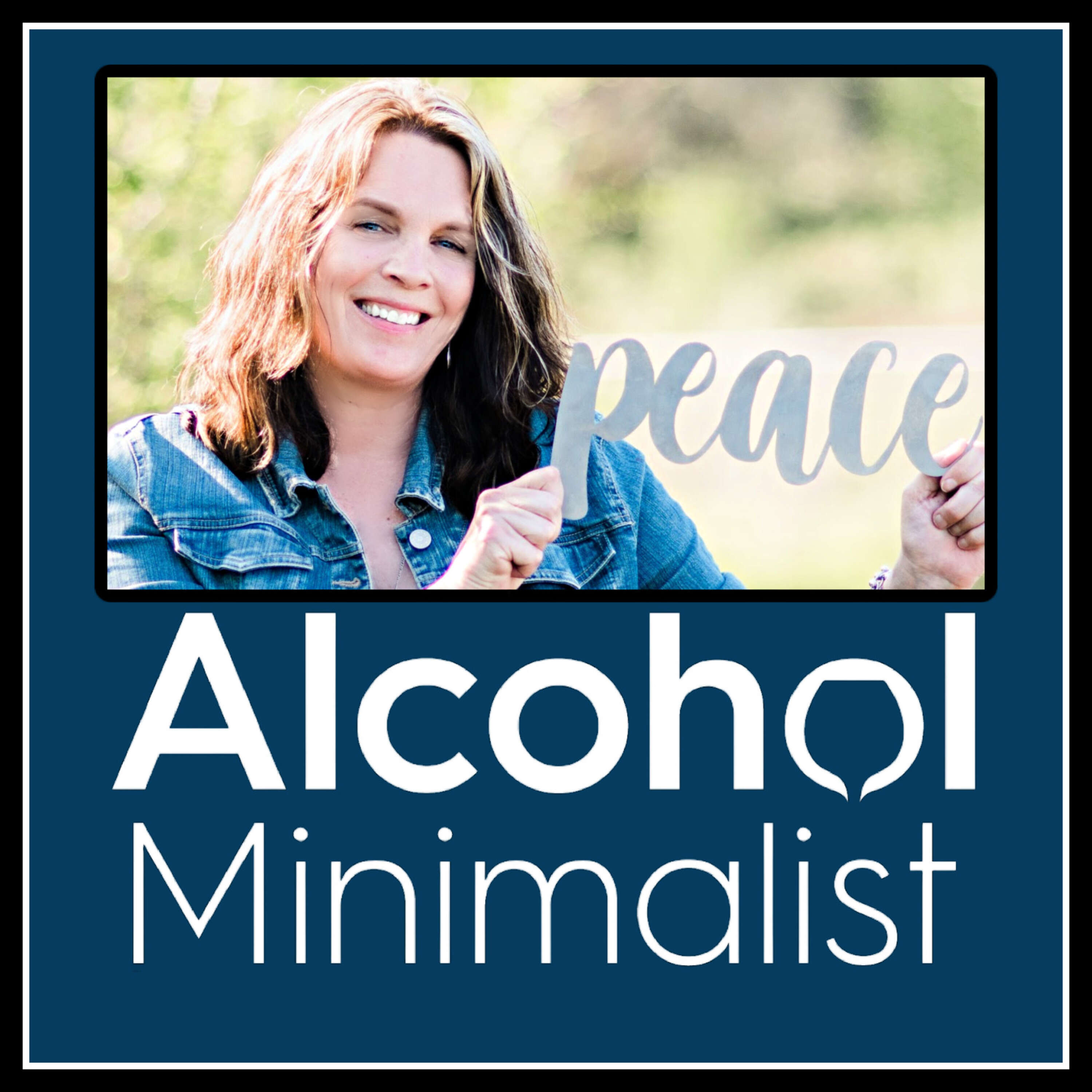Not Drinking Tonight with Amanda E. White
This week on the show I'm talking with author, therapist and recovery expert Amanda E. White all about her book, Not Drinking Tonight. After reading lots of different alcohol-related books as well as psychology books, I really love this book. It's got so many valuable tools and uses science to explain the brain as well as the science of alcohol.As a therapist, Amanda is able to provide lots of insight into trauma and boundaries.
Learn more about Amanda and her new podcast, "Recoverd'ish" here: https://www.amandaewhite.comCheck out Just START: Smart Thinking and Real Tools to Change Your Drinking Habits www.mollywatts.com/startBuy Breaking the Bottle Legacy: How to Change Your Drinking Habits and Create A Peaceful Relationship with Alcohol on Amazon or most online retailers. US KindleUS PaperbackUK KindleUK PaperbackApple BooksBarnes & NobleKobo
Join my private FB group Alcohol Minimalists here: https://www.facebook.com/groups/changeyouralcoholhabit
Has this podcast helped you? Please leave a review wherever you listen to podcasts! Follow me on Instagram: @AlcoholMinimalist
Have you grabbed your free e-book, "Alcohol Truths: How Much is Safe?" Get it here.
Low risk drinking guidelines from the NIAAA:Healthy men under 65:No more than 4 drinks in one day and no more than 14 drinks per week.Healthy women (all ages) and healthy men 65 and older:
No more than 3 drinks in one day and no more than 7 drinks per week.One drink is defined as 12 ounces of beer, 5 ounces of wine, or 1.5 ounces of 80-proof liquor. So remember that a mixed drink or full glass of wine are probably more than one drink.Abstinence from alcohol
Abstinence from alcohol is the best choice for people who take medication(s) that interact with alcohol, have health conditions that could be exacerbated by alcohol (e.g. liver disease), are pregnant or may become pregnant or have had a problem with alcohol or another substance in the past.Benefits of “low-risk” drinking
Following these guidelines reduces the risk of health problems such as cancer, liver disease, reduced immunity, ulcers, sleep problems, complications of existing conditions, and more. It also reduces the risk of depression, social problems, and difficulties at school or work.If you' are unsure about whether or not you have alcohol use disorder, please visit the

